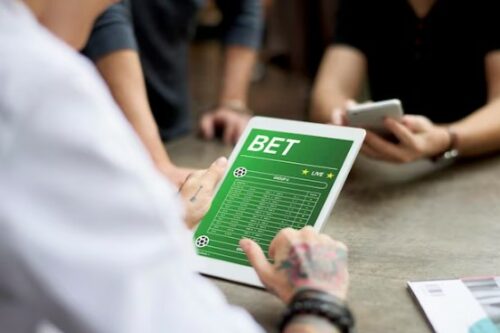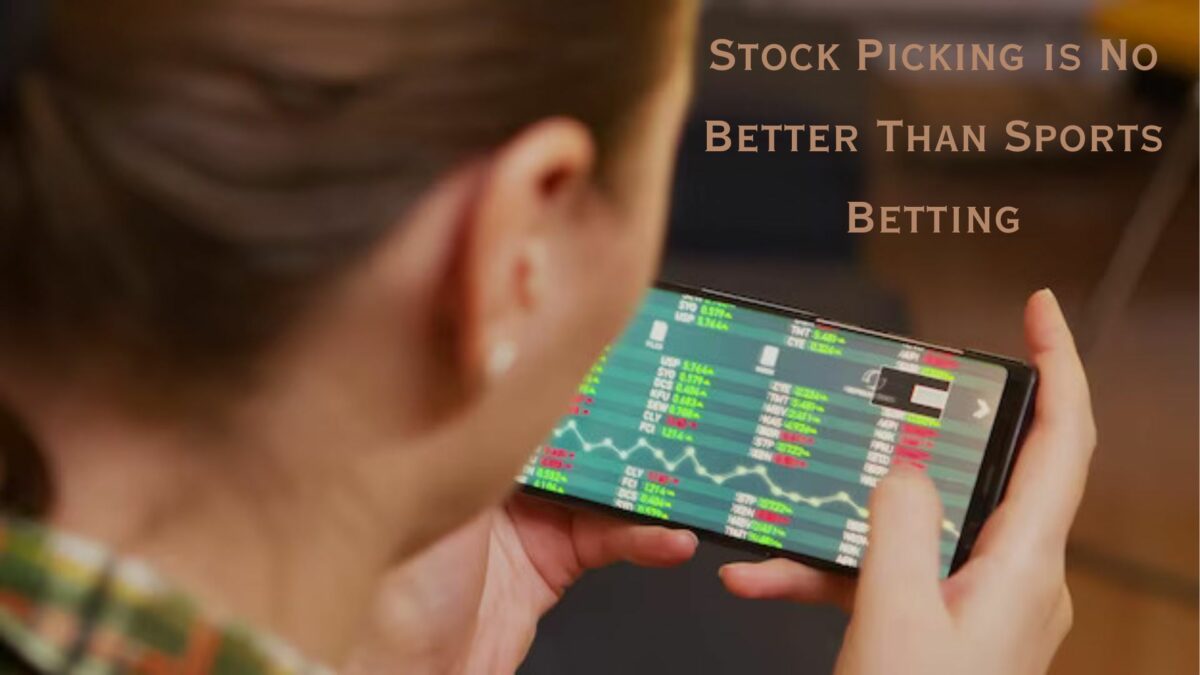The new season will be all about scoring more goals than the opposition.”
–Alvin Jones

I used to live about an hour south of Louisville, Kentucky, which is the home of the Kentucky Derby, one of the most famous horse races in the world. I took the opportunity to go with a few friends and hang out on the infield of the track. To say it’s a mix of Mardi Gras and Beach Week at Daytona Beach would be an understatement. It’s wild – the dream of every fraternity and sorority party organizer out there.
Somewhere out there, they were also racing horses. I figured, in the spirit of the whole affair, I should actually try to bet on the horses in the main race. I took a look at the program and started reading up on the horses that were going to be running. Armed with what I thought was sufficient information, I went up to the betting booth and placed a $4 bet. I’m not even sure what the bet was, but I think it had to do with three horses, and as long as they came in the top three, the order was irrelevant.
The time came, the trumpet sounded, the horses lined up, and then the starter gun sounded. A rush of horseflesh went by us, and I had no idea what was really going on. The remainder of the track was blocked by bushes – probably there to keep the drunkards in the infield rather than to keep the horses out of it – so I didn’t see how the horses finished.
Ignorant to my fate, I went back to the booth and handed in my ticket. The woman at the booth congratulated me and handed me back $64. For those of you keeping score, that’s a 1500% return. Your results may vary.
How Monkey Brain Could Have Fooled Me Into Becoming a Horse Racing Bettor

I was rolling in the dough! All I had to do was parlay my winnings into about five more similarly successful bets, and I’d be able to retire! Unfortunately, my friends decided that they would leech off of my boon and spend my winnings at the bars after the Derby that night, so I never got to test out my surefire path to riches.
But, I could have fooled myself into thinking I knew what I was doing.
- A recency bias could have caused me to remember that win. The last time I bet, I won a ton. I’d remember that for a long time, and even if I lost a few more bets, I’d remember that one win, and the memory of it would keep me going.
- Confirmation bias could have convinced me that my system worked. I must have studied the guide for at least an hour before deciding on what horse to bet on. Although the information I consumed that day has long since vanished into the nether reaches of my mind, I’m sure I learned things like how well each horse ran in mud and the effect of being born under Jupiter’s third sign had on each horse.
- Insensitivity to sample size could cause me to extrapolate infinitely into the future. It was a sample size of one. While in real life, it would be impossible to draw any conclusions about my true horse picking prowess, Monkey Brain could have immediately made the leap to my equine pontificating glory.
The truth was that the horse racing guide was for entertainment purposes. It gave enough information to make you think that you were making an informed decision when betting, but the reality was that I was clueless. I couldn’t have picked one horse out from another in a lineup, which is why I had no clue who was leading when they ran by us. If I wanted to have an edge, I would have needed to go to all of the practice sessions, watch the horses in their previous races, and be in tight with all of the trainers. Then, I might have a sense of who should win, although, like sports commentators say all the time, games are never won on paper.
If you go to the sports book in a casino in Vegas, you’ll see it’s packed with people who are betting on various sporting events. Few of the bettors have even more than passing knowledge of the teams or participants in the events; yet, they bet freely. I have nothing against that. If it’s entertainment and they can afford it, more power to them. I also doubt that many of them would truly be able to make a significant living off of sports betting. The bettors would have to have much more information about their teams than they can get by constantly reading ESPN.com or checking out discussion boards. They’d have to watch practices, live at the team hotel, and be in the doctor’s office when players came into to rehydrate after a bender the night before to get the information necessary to have a sufficient edge to make it worthwhile.
Yet, we try to do the same thing with stock picking. Jim Cramer makes a stock recommendation for ABCD stock, and we think, “Hey! I’ve seen ABCD on store shelves!” and we convince ourselves to buy that stock. Yet, in reality, we know nothing more about ABCD than the person who’s sitting at the sports book betting on the Giants because they’re his hometown team. At least the Giants fan probably knows who the starters and the coach and the opposition are. Even if you read SEC filings and analyst filings for ABCD, you probably don’t know nearly enough about the story to make a truly informed decision. Do you know who their suppliers are? Are supplier margins being pressured because of commodity prices? Have you walked the factories of their competitors EFGH and IJKL? Where are the manufacturing edges? Where are the marketing edges?
I could go on and on with the questions that you should be able to answer before making an investment in a company. I’ve been there. I have invested in stocks I shouldn’t have and didn’t have a clue what they did besides get endorsements from Donny and Marie Osmond. Sometimes you get lucky, but most of the time, those picks wind up going nowhere. Through 2008, 64% of stocks underperformed the Russell 3000 Index in their lifetimes. In other words, random chance in stock picking is not on your side.
You’re better off going to the sports book and betting on your hometown team to win the game.
Which would you rather do – invest in individual stocks or bet on sports? Or neither? Tell us in the comments below.
Author Profile
- John Davis is a nationally recognized expert on credit reporting, credit scoring, and identity theft. He has written four books about his expertise in the field and has been featured extensively in numerous media outlets such as The Wall Street Journal, The Washington Post, CNN, CBS News, CNBC, Fox Business, and many more. With over 20 years of experience helping consumers understand their credit and identity protection rights, John is passionate about empowering people to take control of their finances. He works with financial institutions to develop consumer-friendly policies that promote financial literacy and responsible borrowing habits.
Latest entries
 Low Income GrantsSeptember 25, 2023How to Get a Free Government Phone: A Step-by-Step Guide
Low Income GrantsSeptember 25, 2023How to Get a Free Government Phone: A Step-by-Step Guide Low Income GrantsSeptember 25, 2023Dental Charities That Help With Dental Costs
Low Income GrantsSeptember 25, 2023Dental Charities That Help With Dental Costs Low Income GrantsSeptember 25, 2023Low-Cost Hearing Aids for Seniors: A Comprehensive Guide
Low Income GrantsSeptember 25, 2023Low-Cost Hearing Aids for Seniors: A Comprehensive Guide Low Income GrantsSeptember 25, 2023Second Chance Apartments that Accept Evictions: A Comprehensive Guide
Low Income GrantsSeptember 25, 2023Second Chance Apartments that Accept Evictions: A Comprehensive Guide

